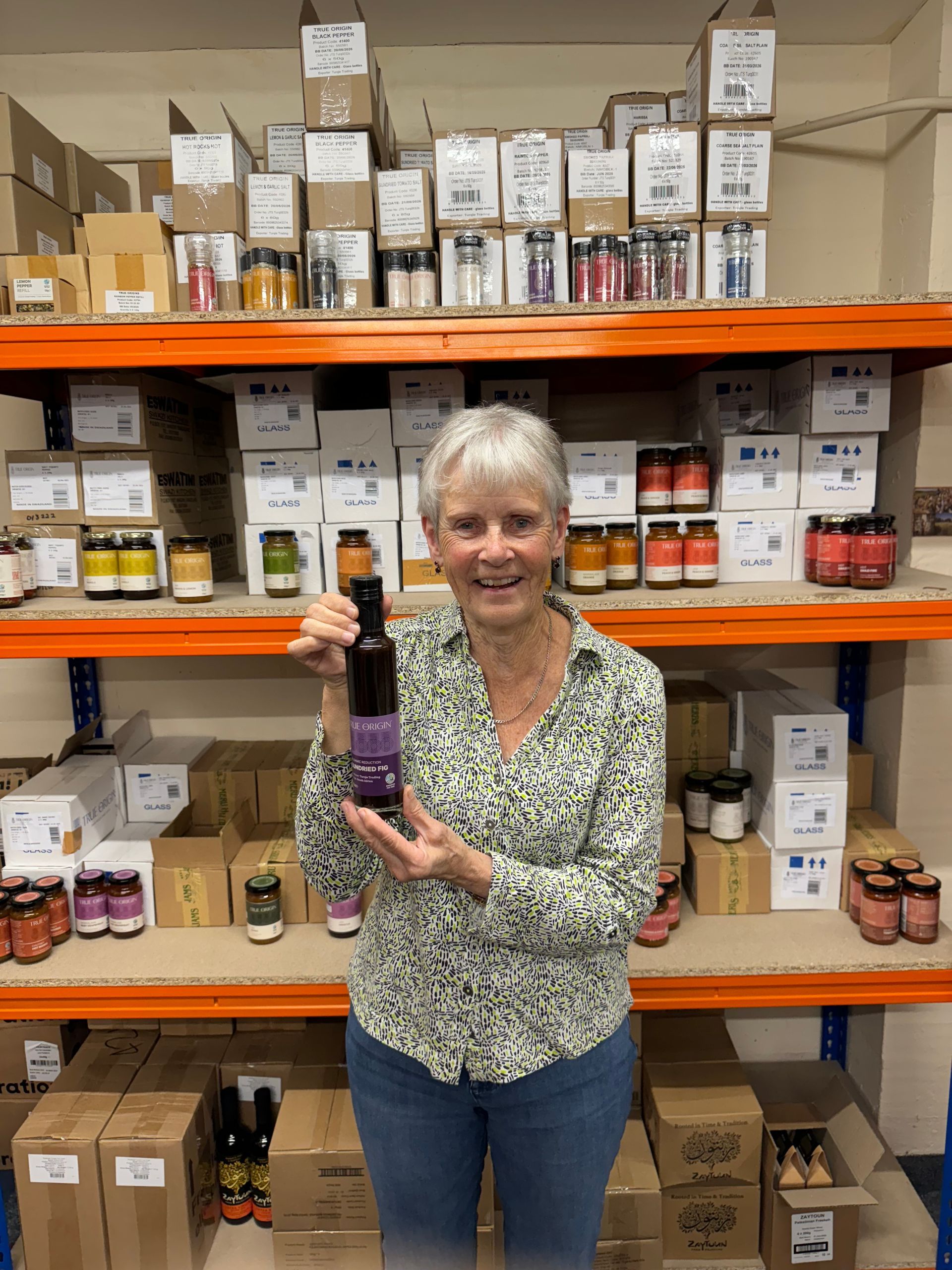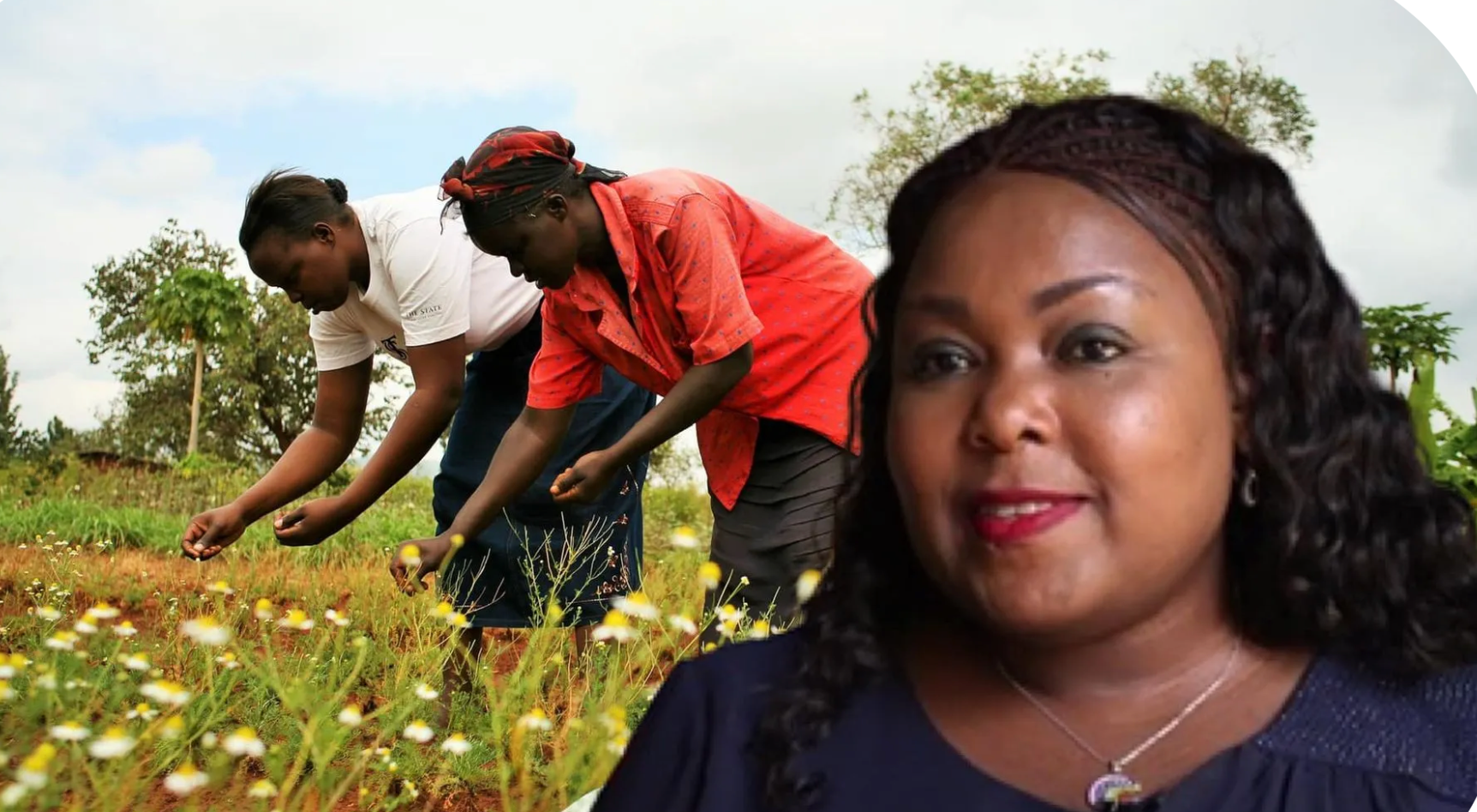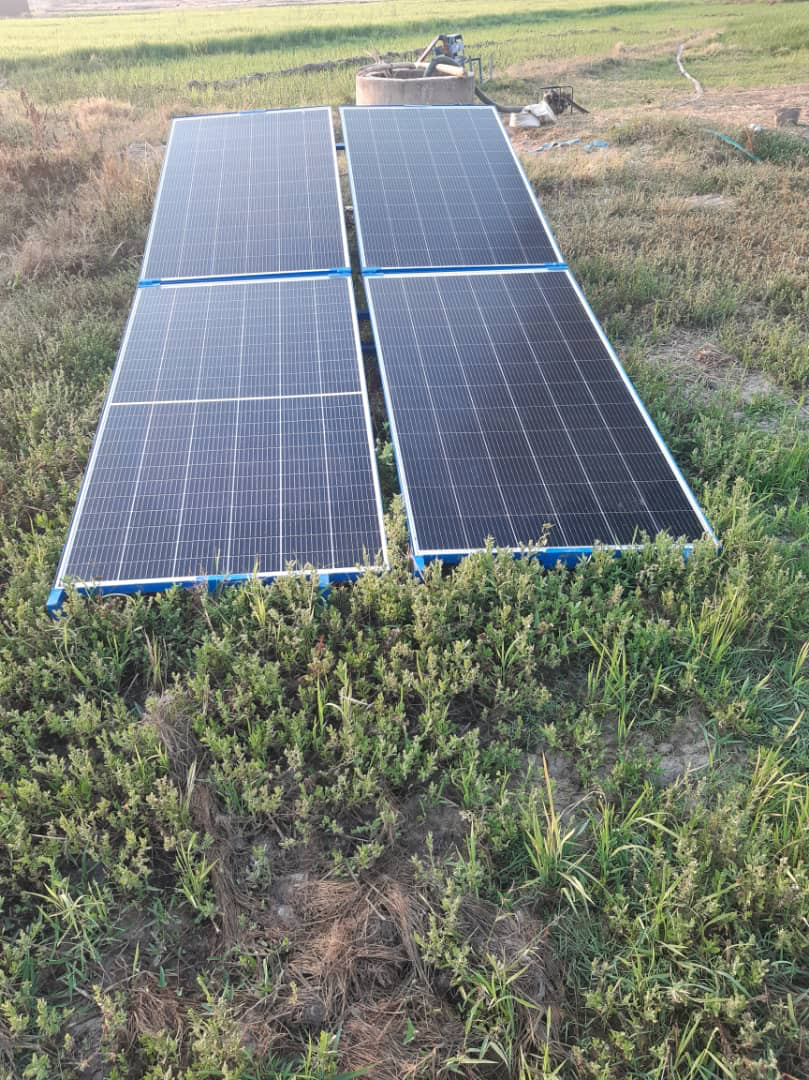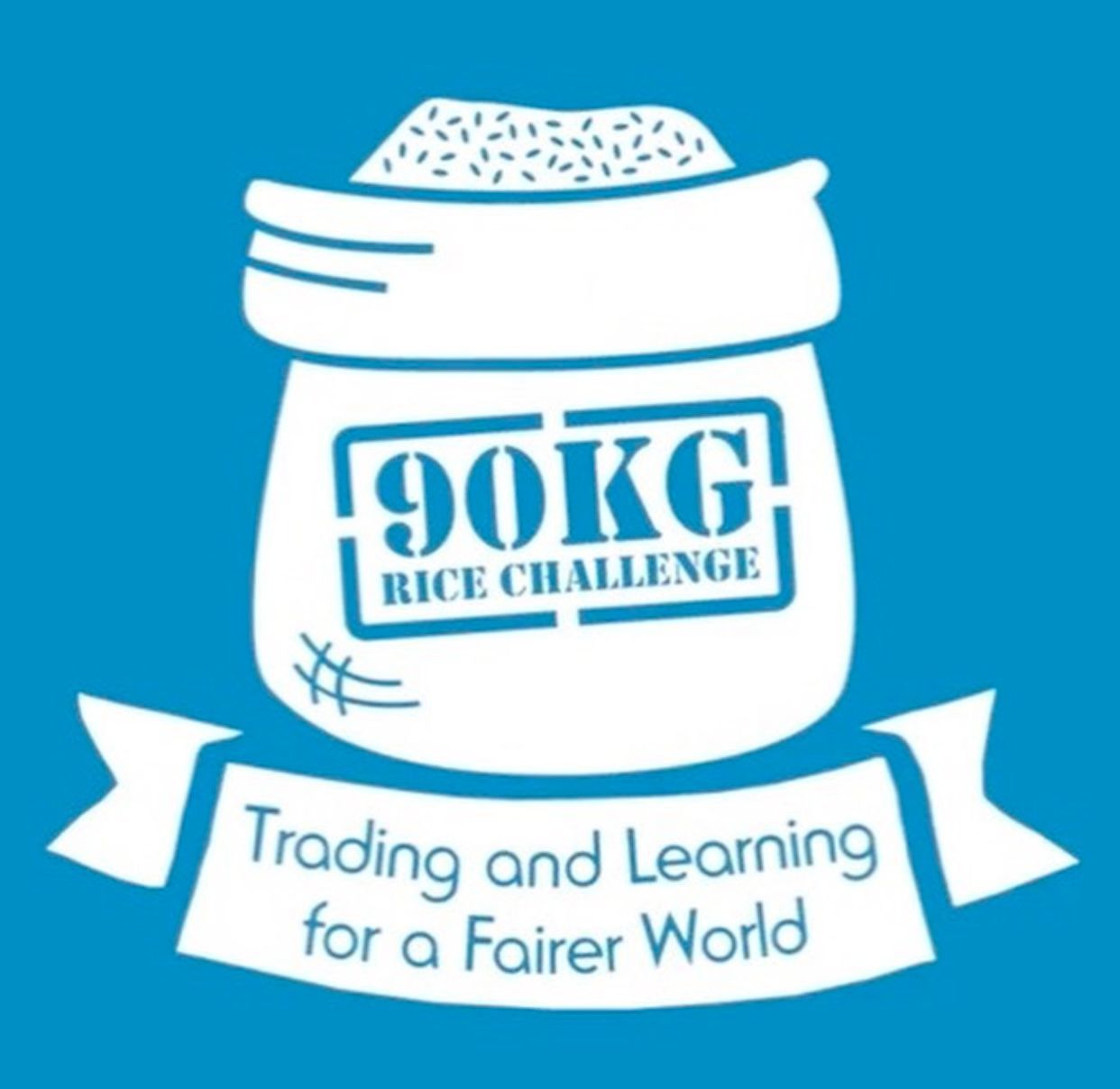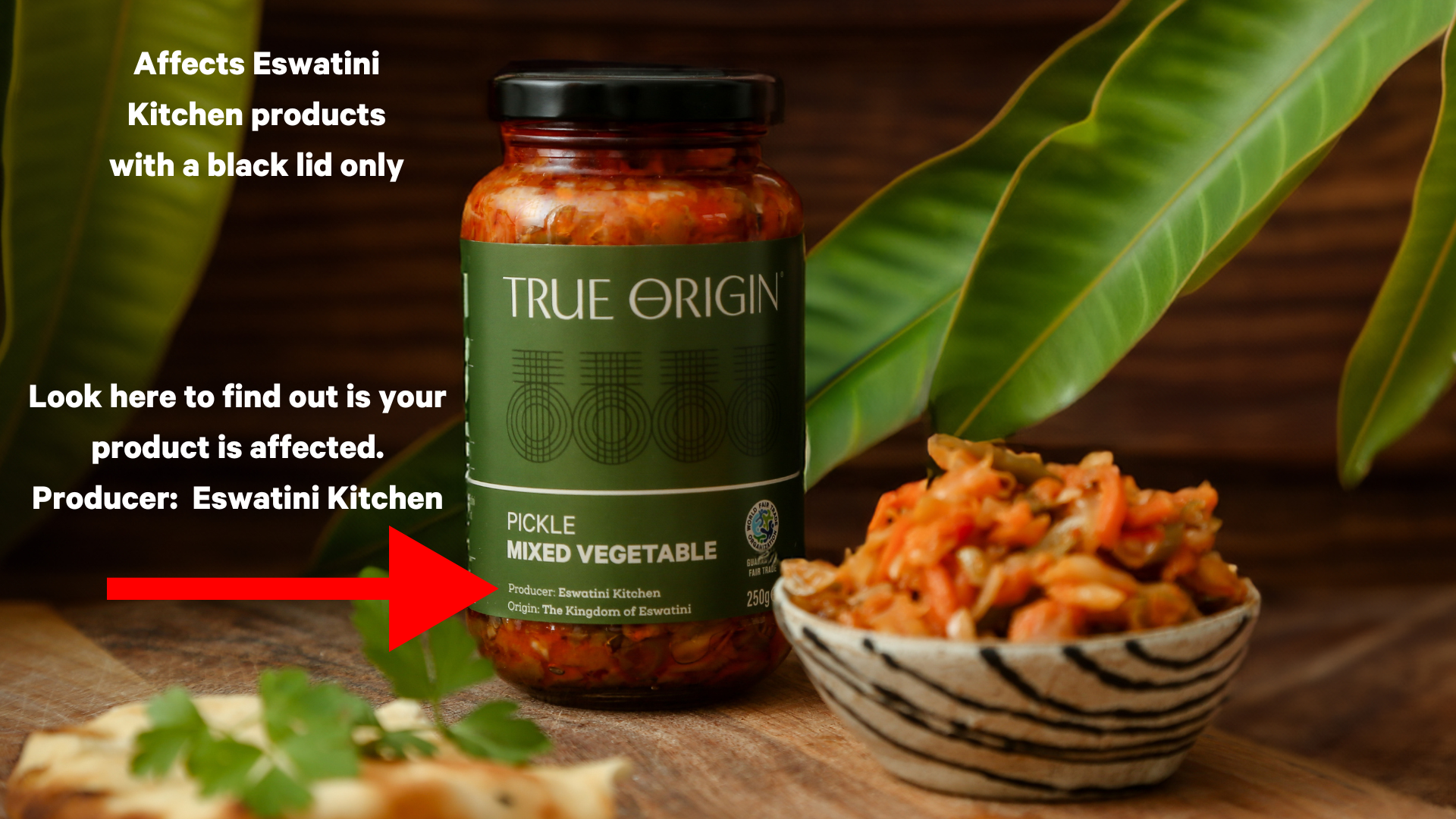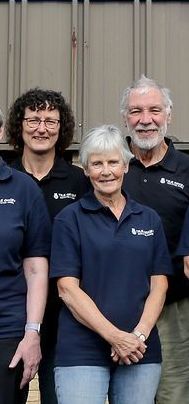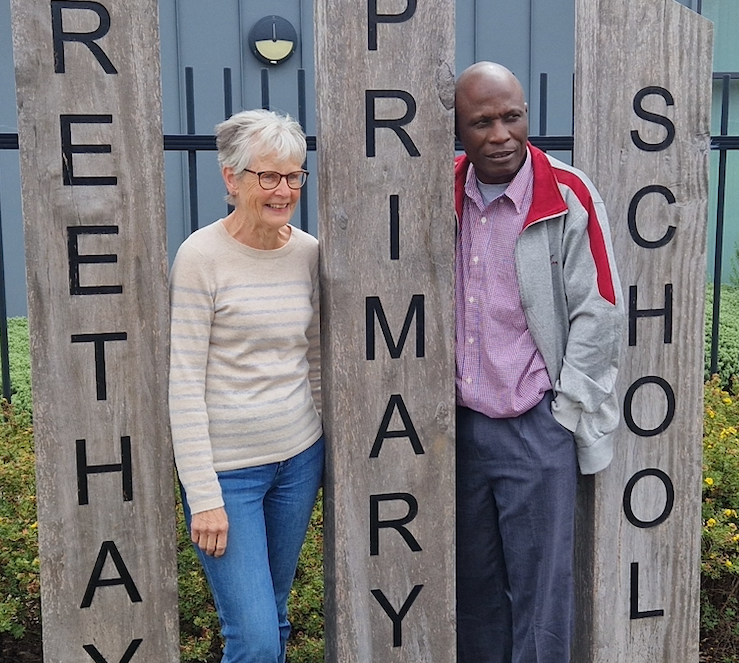Looking Back and Looking Forward - John
The question I ask myself as we approach our 10th birthday is this: How has working closely with Malawi farmers and, more widely, African and Asian producers, changed my way of looking at the world?
Not easy: I remember hearing someone from the Aid sector comparing African countries to people caught in a river rapidly approaching a massive waterfall. What should Western agencies do? Rescue the ones about to go over or put your efforts into helping the ones ‘up-stream’.
A real dilemma: but the problem with that image is that it suggests that we in the West are safely on the bank with the (admittedly limited) ability to help the ones with the problems.
Even: that we could ignore the fate of those on the brink without serious consequence to ourselves.
But it’s not like that: we are all in this together, as we are slowly beginning to realise. We can’t just roll out our way of life to the rest of the world. Our boundless desire for ever higher standards of living, more goods, more exotic travel, more meat, is threatening the very existence of our planet; and that clearly is a threat to us all.
Where can we turn? First, we need to see that we are a major part of the problem. Howard was asked at the Global Justice Festival in Edinburgh what he would say to the audience about tackling climate change, which is seriously affecting Malawi. He simply said: ‘We are an association of 7 000 farmers and none of us owns a car. How many do you own?’ We need to change.
And second: we need to see that we can only become part of the solution to these problems in partnership with those across the world who are affected by them. Our partnership with Malawi rice farmers has shown how fruitful such collaboration can be. Through the Scottish Government we have been able to help the farmers’ association supply their members with certified seed, with ox-carts and tarpaulins for drying the rice. Yields have increased. The association has become a dynamic force for change and agricultural improvement without high carbon costs.
As we have worked together, have seen their determination to improve their farming methods, to meet the challenges of climate change and witnessed the growth of their association and their crops, we have begun to see how a partnership like ours can provide a model for the future.
Over the next ten years, we’ll need to learn what that really means for JTS and our wonderful network in Scotland the UK; and for the farmers we are fortunate enough to work with.
